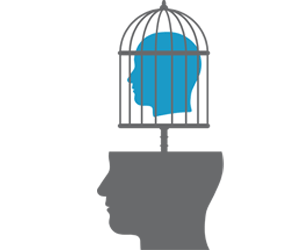While Shanghai’s PISA scores continue to raise concerns over whether American schools are falling behind, Jay Mathews highlights a recent article at Education Week on flaws in Chinese education including high-pressure competition, overemphasis on rote learning, and “toxic levels of stress on adolescents, parents, and the system.” From The Washington Post:
[…] Many American scholars and reformers point out correctly that the Chinese — and those other countries above — do better in part because they value schooling more, train their teachers more carefully and are more likely to believe that any children can learn if they work at it. Anything we can do to adopt those values is good.
But the experts often don’t mention the mindless, rote, competitive streak in Asian education systems that would horrify us if it were imported here. Folks who think American schools are too absorbed in memorization and testing should compare us with our friendly competitors across the Pacific before ranting about annual state tests, the SAT and the ACT. Those exam systems are fun party games compared with what goes on in China these days, as a recent piece by three scholars in Education Week makes clear.
“Today, to compete for educational resources, Chinese schools do all they can to outperform other schools on student test scores,” Harvard Graduate School of Education researchers Xu Zhao, Helen Haste and Robert L. Selman write. “Schools keep students in classes for long hours, assign large amounts of homework, and organize countless simulation examinations. Schools rank students by their test scores and rank teachers by the scores of their students.”
It gets worse, according to the scholars. “Test scores are used to evaluate the job performance of teachers, school principals, education administrators, and even local government officials. The pressure to outperform competitors exists at every level of the education system and is passed all the way down until it reaches the student [and] . . . produces feelings of jealousy, distrust and animosity.” [Source]
The authors describe this situation as a product of schooling’s financial decentralization during the reforms of the 1980s and 1990s. Because of it, Ian Johnson recently wrote at The New Yorker, some parents in China are turning outside the mainstream school system to Waldorf institutions for their children’s education.







